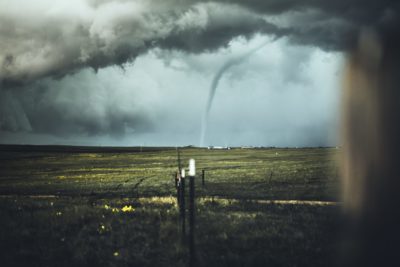When the Past Beckons
The Past is as Close as a Fleeting Thought
What is it that sends us there? A word, a song, a scent, a feeling? It is instantaneous transportation to another level of consciousness – sometimes involuntary and sometimes willful pursuit.
What that visit will be like depends on what we are seeking. Perhaps it is a different version of a memory. Maybe it is to recapture the essence of a person or place we once knew well. Maybe it is to uncover forgotten details of an ordinary event.
Regardless, we reach for these ephemeral entities with hope, only to come up disappointed; they cannot be grasped with any certainty, but they can be cherished.

“It was a ridiculous thing to be doing…”
In the short story, Eminence by Caroline Casper, the narrator is drawn back into the past unexpectedly when her dead mother’s friend calls and offers up some items that used to belong to her. One of the items is an old answering machine and the sole compulsion for her trip from her current home in California to her childhood home in Eminence, Kentucky: she has forgotten the sound of her mother’s voice.
Though this trip goes against all her rational thinking, her bank account balance, and her scant vacation time, she nevertheless travels back to recover this dated machine – and so much more. Told uniquely in the unraveling of time left on the tape and the swirling of a historical tornado in the town, the story calls us to our own memories and to the risk of tumult when they are churned up.
 “The way it used to be”
“The way it used to be”
Any encounter with the past is fraught with disappointment because it simply cannot be recreated tangibly to suit our corporeal present.
Did it really happen that way? Was this the truth of it? No matter the attention to detail, the photographic evidence, the writing down of facts and dates, the past is consigned to “whisper to our dreams” in murky memory.
The companion poems Disappointment by Lawrence Raab and The Past by Fred Ding echo the themes of the story Eminence and fill in some of the liminal spaces between the present and the past. Though there is nothing shocking or earth-shattering in what the narrator discovers in her foray into her history, there is still revelation which can be a propulsion toward the future. The same is true for us.

